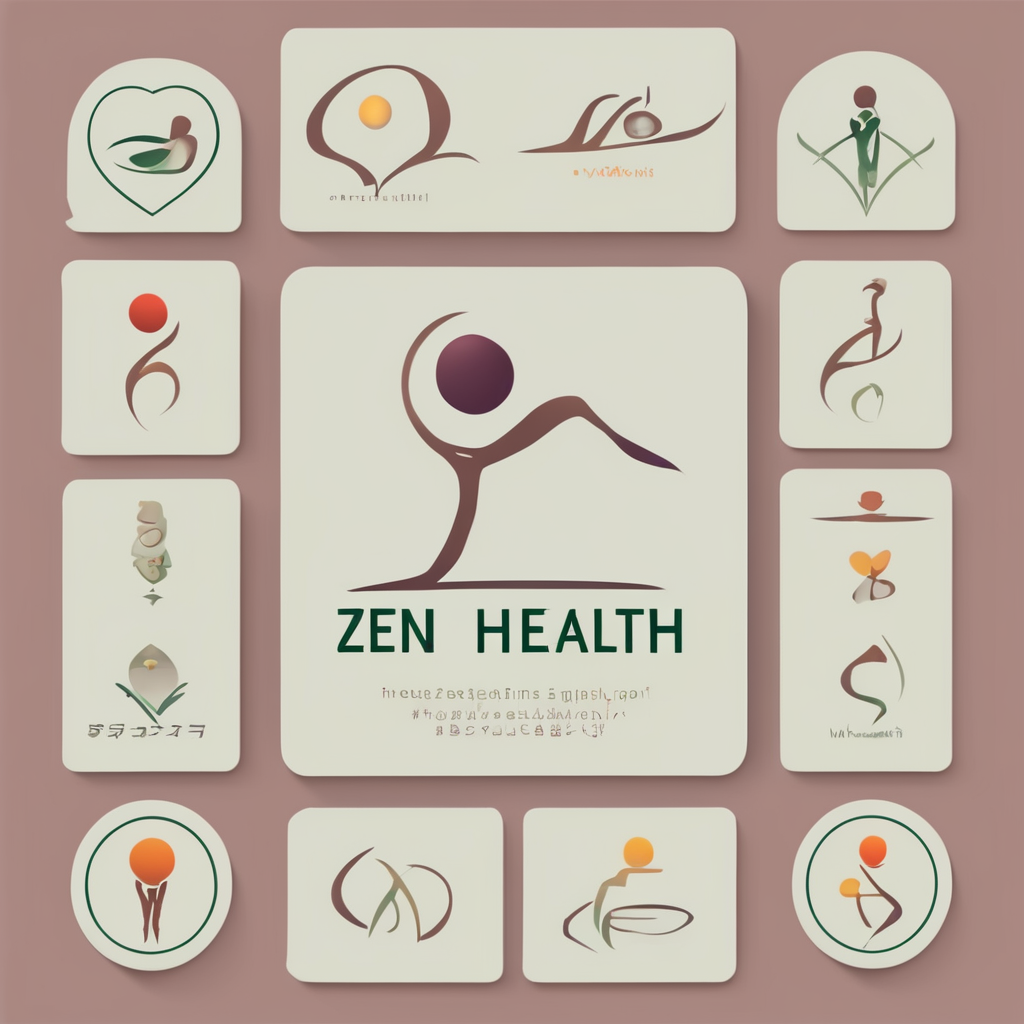In the journey of motherhood, one of the silent struggles that many women face is postpartum depression (PPD). With societal pressures often casting a shadow over a mother’s mental health, it becomes crucial for expectant mothers to be aware and prepared. Understanding the symptoms, seeking timely treatment, and gaining support can prevent PPD from escalating. This article aims to provide comprehensive insights into recognizing and addressing postpartum depression, ensuring maternal well-being and emotional health for both mother and child.
Understanding Postpartum Depression: Symptoms and Causes
Postpartum depression is a serious mental health condition that affects many women after giving birth. Unlike the “baby blues,” which typically resolve within a couple of weeks, PPD can persist and intensify if left unaddressed.
Also to see : How can pregnant women identify reliable sources for parenting advice and tips?
Symptoms of PPD
Recognizing the symptoms is the first step towards addressing postpartum depression. Symptoms can vary, but commonly include:
- Persistent feelings of sadness or depression
- Severe mood swings
- Withdrawal from family and friends
- Loss of interest in activities previously enjoyed
- Insomnia or sleeping too much
- Overwhelming fatigue or loss of energy
- Intense irritability or anger
- Feelings of worthlessness or guilt
- Difficulty thinking, concentrating, or making decisions
- Thoughts of harming oneself or the baby
These symptoms may surface soon after childbirth or develop later, up to a year postpartum. Identifying these signs early can prevent further complications and ensure timely care.
Topic to read : Essential Antenatal Blood Tests Every First-Time Mother in the UK Should Know About
Causes and Risk Factors
While the exact cause of PPD is unknown, several factors can contribute to its development:
- Hormonal changes: After childbirth, the significant drop in estrogen and progesterone levels can trigger mood swings.
- Emotional stress: Navigating the new responsibilities of motherhood can lead to anxiety and depression.
- History of depression: A history of depression or other mood disorders increases the risk of PPD.
- Lack of support: Insufficient emotional support from partners, family, or friends can exacerbate feelings of isolation and anxiety.
- Lifestyle factors: Sleep deprivation and the pressure of balancing new responsibilities can contribute to mental health challenges.
Understanding these risk factors can aid expectant mothers in being proactive about their mental health, seeking support, and engaging in preventive measures.
The Role of Healthcare Providers in Addressing PPD
Healthcare providers play a pivotal role in recognizing and treating postpartum depression. Their involvement can make a significant difference in an expectant mother’s journey towards mental wellness.
Prenatal Screenings and Discussions
Routine prenatal check-ups are an ideal opportunity for healthcare providers to discuss the potential for postpartum depression. Through these discussions, they can educate expectant mothers about PPD symptoms and encourage openness about any mental health concerns.
Screening tools, such as the Edinburgh Postnatal Depression Scale, can be employed to assess the risk of PPD. Early identification through these tools can lead to timely interventions, reducing the severity and duration of the condition.
Postpartum Follow-Ups
Postpartum visits should include thorough mental health evaluations. Providers can:
- Observe the mother’s interaction with her baby
- Inquire about her emotional state and daily functioning
- Offer resources and referrals to mental health professionals if necessary
These follow-ups provide a safe space for mothers to express any concerns and obtain the necessary care.
Collaborative Care Models
Interdisciplinary collaboration among healthcare professionals can enhance the support system for expectant mothers. By involving obstetricians, psychiatrists, therapists, and social workers, a comprehensive care model can be established, addressing the multifaceted needs of mothers at risk for PPD.
Practical Strategies for Managing Postpartum Depression
For those at risk or experiencing postpartum depression, several strategies can facilitate recovery and enhance emotional well-being. These approaches not only address PPD but also promote overall maternal health.
Building a Support Network
A robust support system can alleviate the emotional burden of PPD. Engaging partners, family, and friends in your journey can:
- Provide emotional reassurance and understanding
- Assist with childcare and daily tasks
- Encourage positive social interactions
Connecting with other mothers who have experienced PPD can also be a valuable source of support. Group therapy or online forums can offer shared experiences and coping techniques.
Prioritizing Self-Care
Self-care is essential in managing PPD and sustaining mental health. This includes:
- Ensuring adequate sleep and rest
- Eating a balanced diet
- Engaging in regular physical activity
- Pursuing hobbies and relaxation techniques like meditation or yoga
Allocating time for oneself can significantly improve mood and reduce symptoms of depression.
Professional Treatment Options
Professional treatments are often necessary for managing PPD effectively. These can include:
- Therapy: Cognitive-behavioral therapy and interpersonal therapy have proven effective in treating PPD.
- Medication: Antidepressants may be prescribed, carefully considering any implications for breastfeeding.
- Support groups: Attending therapy sessions in a group setting can offer emotional support and practical advice.
The Importance of Early Intervention and Education
Preventing postpartum depression before it escalates requires awareness and proactive measures. Early intervention and education are key to ensuring a smooth transition into motherhood.
Raising Awareness
Public health campaigns and educational programs can play a significant role in raising awareness about PPD. By informing expectant mothers, families, and communities about the symptoms and risks associated with PPD, we can:
- Reduce the stigma surrounding maternal mental health
- Encourage open conversations and support-seeking behavior
- Highlight the necessity for routine mental health evaluations
Educational Workshops and Resources
Workshops and resources focused on maternal mental health can empower mothers with knowledge about PPD. Topics might include:
- Recognizing early symptoms
- Self-care techniques
- Navigating healthcare systems for mental health support
Access to online resources, webinars, and reputable platforms like Google Scholar, PubMed, and Crossref can provide further information on the latest research and treatment options.
Incorporating Partners and Family
Incorporating partners and family members in educational efforts ensures a supportive environment for the mother. By understanding the challenges of PPD, they can:
- Provide essential emotional support
- Encourage the mother to seek professional help
- Participate actively in childcare and household responsibilities
Ultimately, a well-informed community can facilitate early intervention and foster a culture of empathy and support for mothers experiencing postpartum depression.
Recognizing and addressing postpartum depression proactively is a crucial step in safeguarding maternal mental health. By understanding the symptoms, seeking professional care, and building supportive networks, expectant mothers can navigate the challenges of PPD with resilience and confidence. Education and early intervention serve as powerful tools in preventing the escalation of postpartum depression, ensuring a healthier, happier journey into motherhood for all. Together, let us strive to make the transition into motherhood a time of joy and fulfillment, free from the shadows of undiagnosed PPD.











